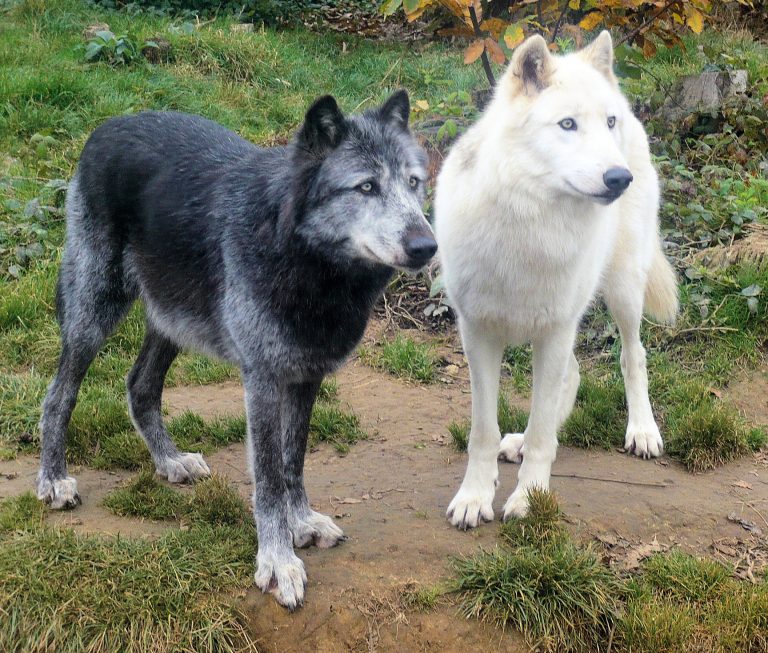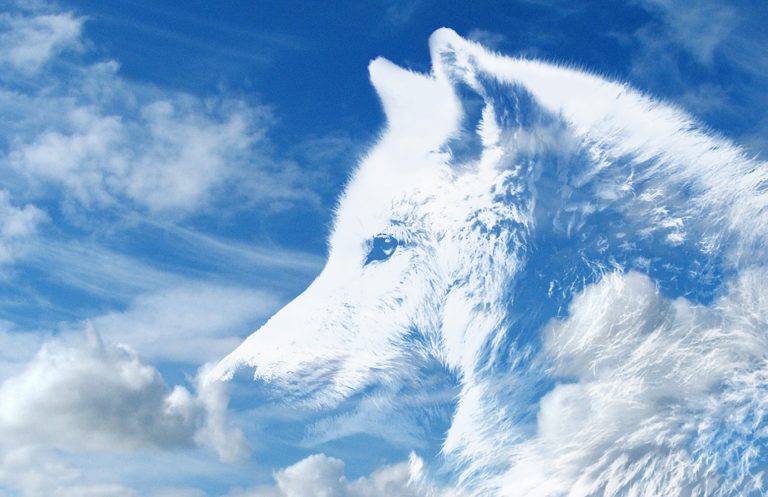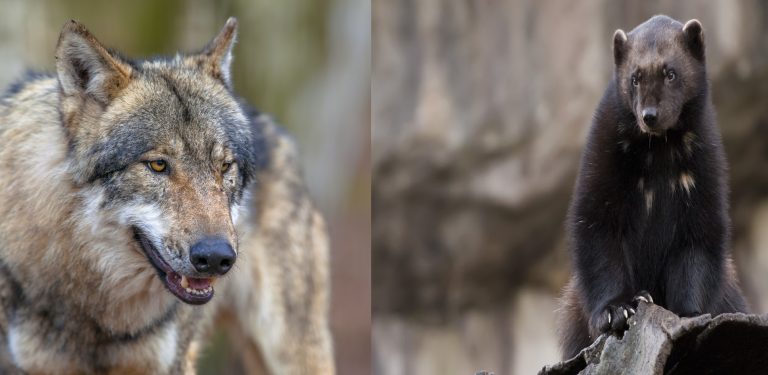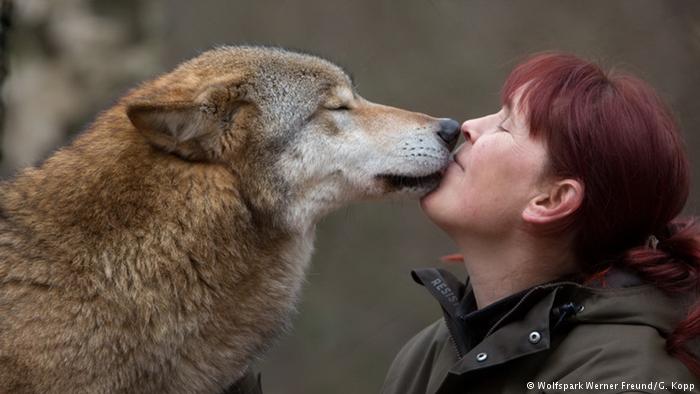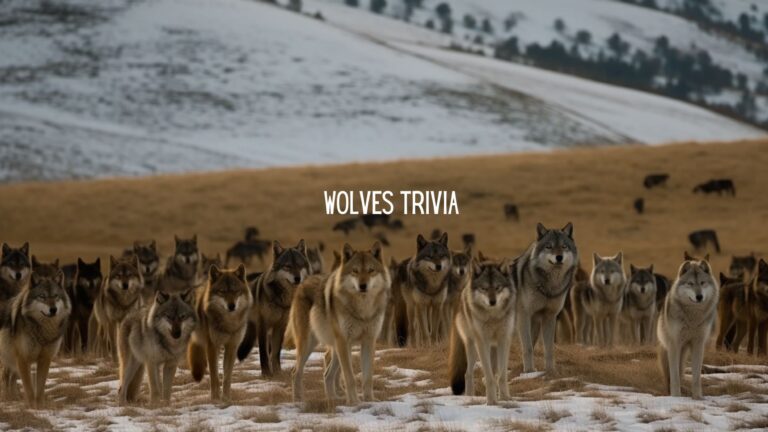Wolves And Livestock Conflict: Some Humane Solutions To This Problem
The conflict between Wolves and Livestock (and their owners), is an age-old one.
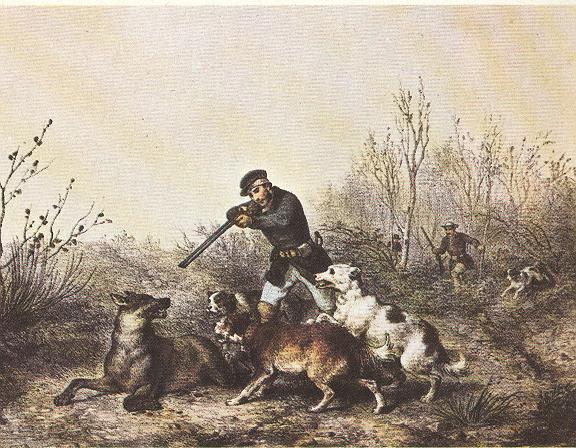
Suggestions and solutions for ending the conflict between Wolves and Livestock continue to elude humans for centuries now. And sadly, the most common solution they have found is the execution of these predators.
Though it may sound logical to anyone – lowering wolf population would lead to a decrease in the loss of animals such as sheep and cattle herds. But it’s an extremely lazy and reprehensible act. In the long run, wolf execution is not be as viable as everyone thinks.
Below, we’re going to look at the root cause of wolves and livestock problems and more humane solutions to handle the issue.
Humans Are Largely To Blame For Wolves And Livestock Problems
These are creatures that have hunted massive prey and lived in the wild free for thousands of years. Hence, their instincts run wild, nothing will change that and that’s OK.
But what happens when humans come in, steal wolf territory, chase off prey, and begin to raise livestock? Well, the wolves must eat something and livestock is the next choice for them.
Of course as you can imagine, farmers and herders are not pleased when wolves attack their livestock.
They have long been antagonized by these “attacks” from wolves. But while hunting them either as a state regulation to control population or in retaliation for livestock loss seems good enough, studies have shown that they aren’t.
In fact, more wolf attacks are recorded and scattered in several hard to track areas.
Why is this so?
Instead of thoughtless, lazy and inhumane killings, with a little effort ranchers can still protect livestock from wolves.
Kill The Pack Leader And Cause More Problems
Wolves are pack animals: they need this social structure to thrive and the company of their kind to hunt and live optimally.
Each wolf pack has a leader, an Alpha male or female. Now, when a wolf pack becomes a “problem,” ranchers find and kill the pack leader. Or they kill the older, bigger wolves in the pack. What then happens?
Well, instead of discouraging them from preying on livestock, the younger wolves tend to be needier when their leader is eliminated. Since it’s usually the head of the pack that gets killed by the wolf hunters, the lack of leadership will often cause the wolf pack to disperse.
As the younger wolves form several new groups, and they find a mate and reproduce cubs, then more are being dispatched and the threat of one has become a threat of many. Also, killing the older wolves has another consequence.
They have the expertise in killing larger preys such as elks and deer. Killing them prevents them from passing these skills to the younger generations. No doubt, these young ones will concentrate their hunting efforts on smaller targets.
Hence, the conflict between wolves and livestock like sheep, smaller cattle, rabbits, will continue. That’s the only way the surviving wolves can get food in their bellies.
Possible Solutions To The Wolves And Livestock Problem
All this is not at all very helpful, and more and more people have come to realize this.
Therefore more precautionary rather than destructive measures that will allow more sustainable wolves and livestock cohabitation would be ideal. Some of these measures that are producing positive results include:
- Set-up facilities that flash very bright lights to deter the wolves.
- Installing motion detecting lights.
- Installing sounders to scare off the wolves.
- Using guard dogs to alert the ranchers about the presence of incoming predators.
- Putting up sticks tied with thin strips of cloth that blow in the wind also somehow spook the wolves from entering the fence and into the pasture area of the livestock.
- Keeping livestock locked up at night.
These are relatively cheap and less violent ways of keeping wolves at bay than the traditional methods. In addition, plus, fully eradicating the wolf population in a given area usually leads to an imbalance in the increase of prey, like deer.
But most worrisome is the fact that extinction is no laughing matter. For that reason, we all just have to join forces to be to sustain and manage rather than kill what we have.


